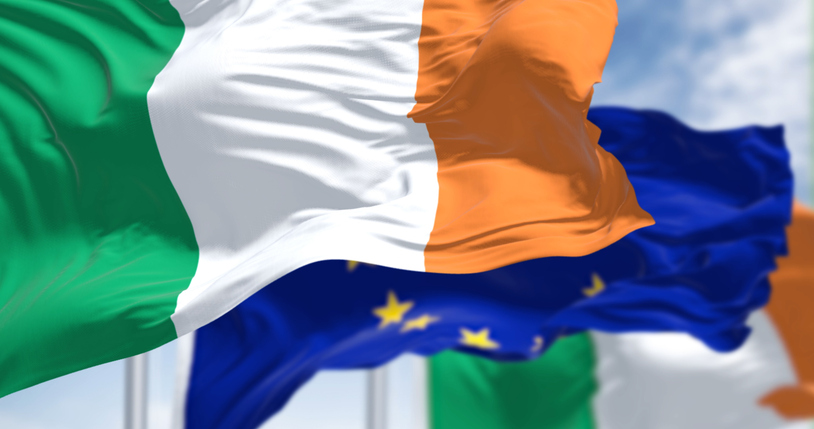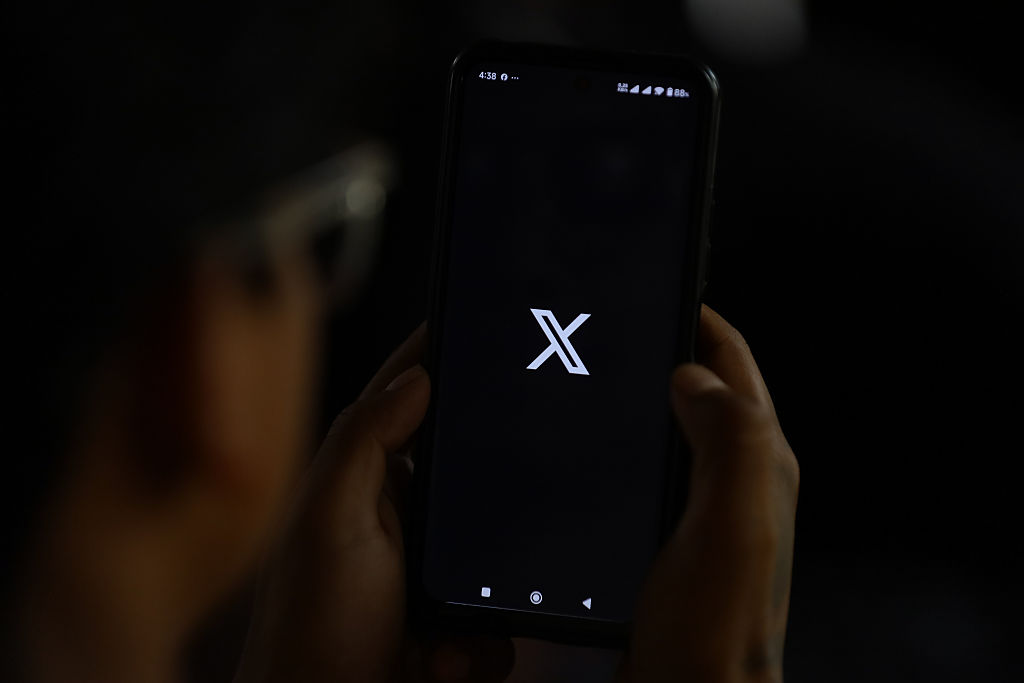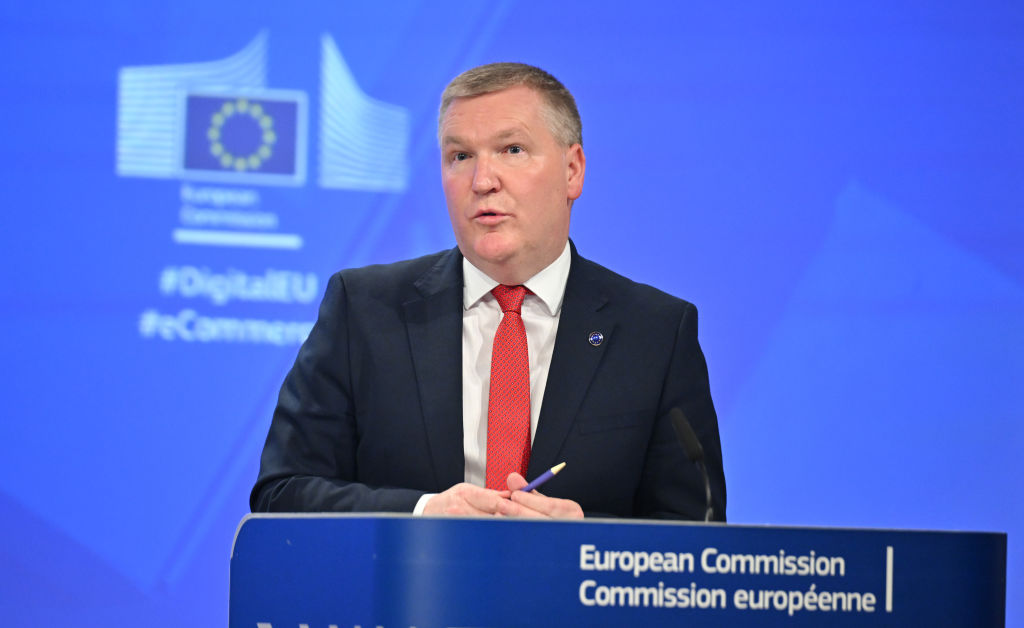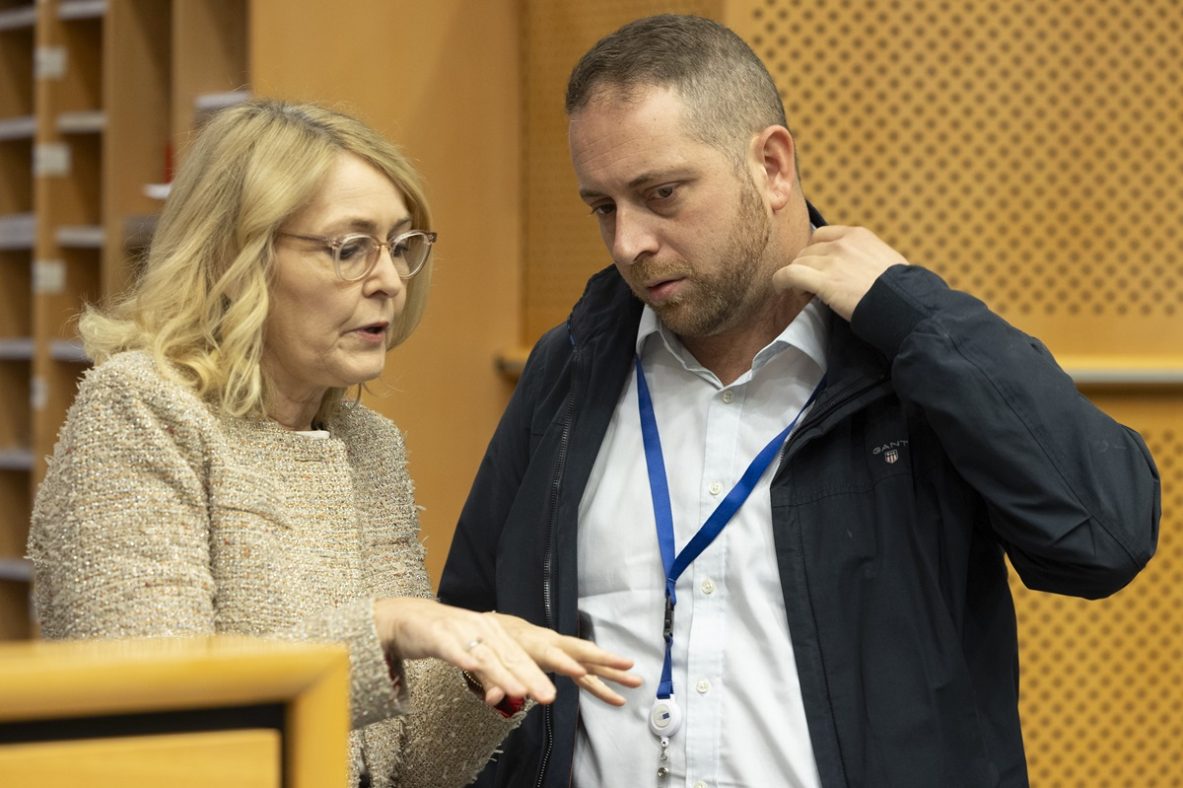Civil society urges Commission to probe Irish privacy watchdog's independence
In an open letter, more than 40 civil society organisations have questioned the DPC's independence after it appointed a former Meta lobbyist to be its third commissioner

Civil society groups raised “extreme concern” about the independence of the Irish Data Protection Commission (DPC) in an open letter addressed to the EU’s Justice Commissioner Michael McGrath on Tuesday – following the big tech privacy watchdog’s appointment last month of an ex-Meta lobbyist to a top role.
The 40+ not-for-profit organisations, which include digital rights groups EDRi, Noyb, Access now, and Ireland-based human rights group ICCL, want the justice commissioner to assess the DPC’s independence. They also ask him to clarify what the Commission would do if it finds that the DPC’s independence has been “compromised”.
The letter goes as far as calling on McGrath to develop a work programme to ensure that the EU’s flagship privacy framework, the General Data Protection Regulation (GDPR), is enforced in an efficient and independent manner.
The civil society groups’ intervention comes soon after the DPC appointed ex-tech lobbyist, Niamh Sweeney, as its third Commissioner – completing its leadership trio. Sweeney previously worked in public policy at Facebook-owner Meta, after which she became a director in Miltown Partners in Ireland, a public affairs consultancy that works for big tech companies.
The independence of the DPC has also been put under the spotlight in recent weeks by the Irish parliament’s opposition leader, Ivana Bacik, after revelations that data brokers had sold precise location information about citizens for advertising purposes.
The DPC’s role in overseeing big tech’s GDPR compliance on tech giants – including Meta, Google, Microsoft, and Apple – is a long-standing fault-line in the regulation for civil society groups. They accuse the DPC of failing to apply Europe’s flagship privacy rules on the most powerful tech companies, many of which are established in Ireland and thus fall under its supervision.
“Ensuring that supervisory authorities are independent, impartial, and effective is not only a legal requirement but also a political necessity for safeguarding rights and maintaining public trust,” the letter concludes.
The DPC and the Commission have been contacted for a response
(nl)









